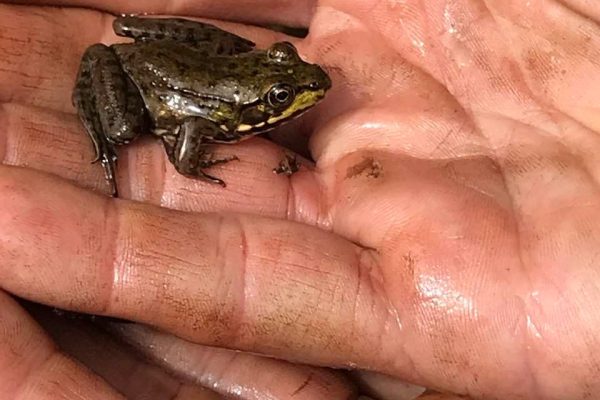Kadesh: In gratitude for moments we sanctify time, welcome each other, and welcome the stranger.
Urkhatz: In gratitude for mayyim hayyim, the living waters, for cleansing, second chances, and fresh starts.
Karpas: In gratitude for mother earth, the fields and forests that harness greenhouse gases and sustain life. and for new beginnings.
Yakhatz: In gratitude for the ability and courage to face all that is broken and in need of repair, in our world, and within ourselves.
Maggid: In gratitude for stories that remind us of our journey, connect us to our ancestors, instill hope, and inspire our desire to walk a path of blessing and redemption.
Rakhtzah: In gratitude for the many opportunities we have to say thank you, and for being commanded to bless!
Motzi: In gratitude for the land, the air, the sun and rain, and the many hands that work in concert with supernal forces to bring us bread from the earth.
Matzah: In gratitude for sustenance and simplicity.
Maror: In gratitude for the faith that allows us to hold on, even by a thread, in times of crisis and hardship, giving way to deepened compassion for all who are suffering.
Korekh: In gratitude for the capacity to taste the bitter and the sweet, to feel pain and joy, to hold grief and beauty, and be stretched large by both.
Shulkhan Orekh: In gratitude to all those whose hands till, sow, harvest and tend the earth, package, distribute, transport, shop, chop, simmer, bake and stir, in the preparation of this festive meal.
Tzafun: In gratitude for the hidden and revealed, for trust in our “True North,” and the good things that come to all who wait.
Bareikh: In gratitude for fulfillment and the Source-of-Everything through which all blessings flow.
Hallel: In gratitude for the freedom to sing, to offer up our praises to the Most High, the Breath-That-Breathes-Through-All-Life, Hallelujah!
Nirtzah: In gratitude for the journey that does not end, in gratitude to gratitude—a path of liberation, pointing us toward justice, redemption, and wholeness, a better world for all, a land of promise.











